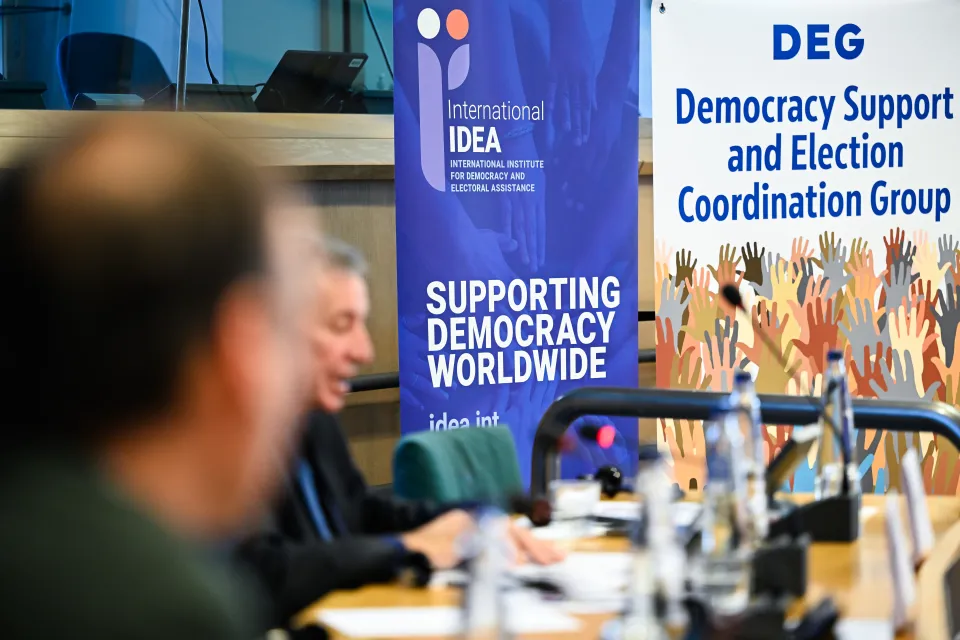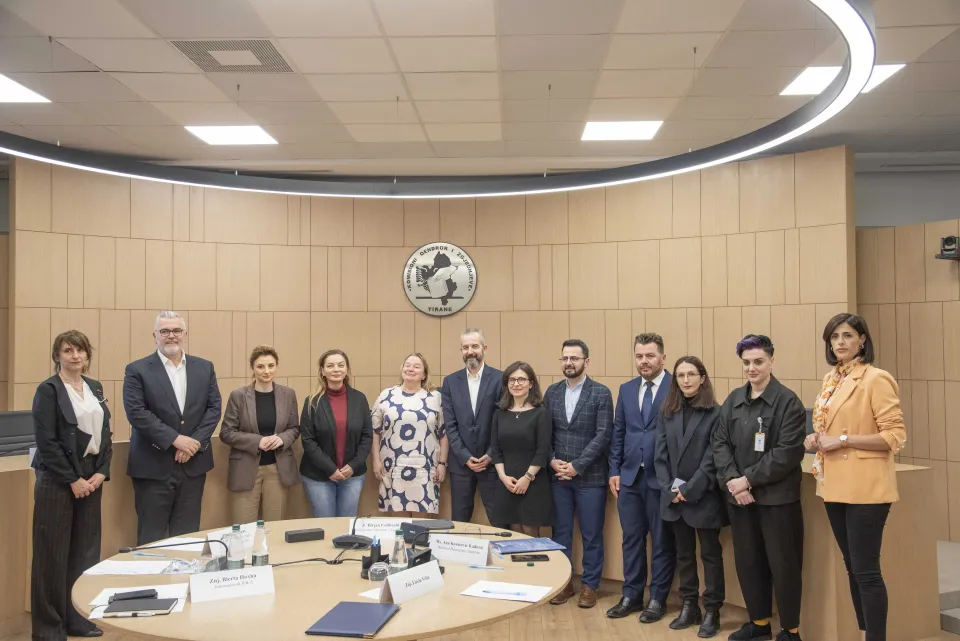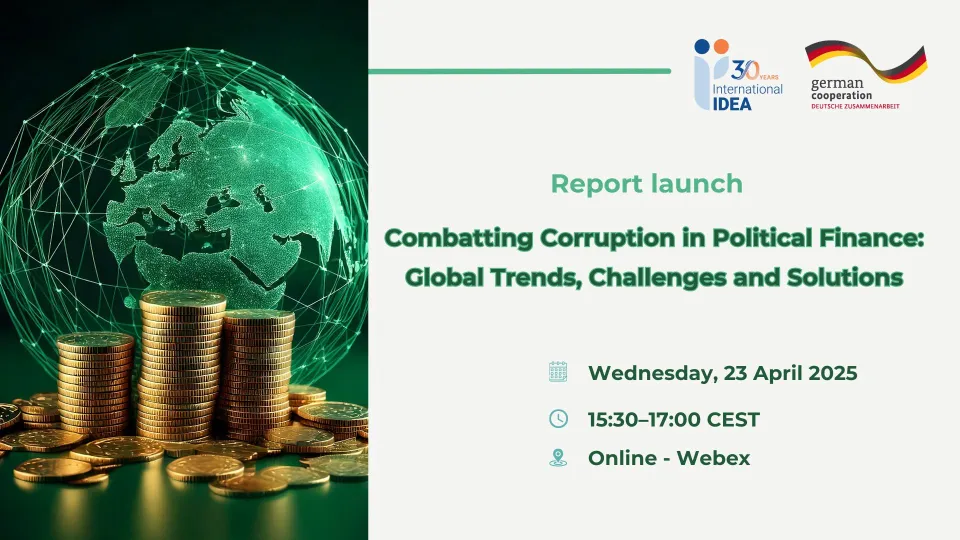International IDEA’s newly released film LGBTI Political Inclusion Journeys follows the trajectories of Lesbian, Gay, Bisexual, Transgender and Intersex (LGBTI) groups in Malawi and Nepal, aiming to showcase strategies for political inclusion of LGBTI people as a principle of democratic participation in public life.
Although the LGBTI community has made tremendous gains through increased legal recognition of LGBTI rights and the growing presence of openly LGBTI public figures in a range of countries, there is still a long path to achieve full equality and combat discrimination against LGBTI people around the world. In 2017, 71 countries around the world still criminalize same-sex acts. LGBTI people are still exposed to persecution, exclusion and discrimination on the basis of their sexual orientation or gender identity.
“Citizenship is about equality…If you are a government, if you are able to deliver the social services, if you are able to deliver in terms of good governance and rule of law for all citizens equally that is the best noble cause that you can do.”
Gift Trapence - Executive Director, Centre for the Development of People, Malawi in ‘LGBTI Political Inclusion Journeys’
When it comes to the effective exercise of their electoral rights, LGBTI people can be disproportionally affected by voter registration and voter identification laws. Furthermore, in their attempt to access elected office, LGBTI people often face a number of challenges, including difficulties in candidate nomination and inclusion in political party lists; negative media coverage during the electoral campaign period; attacks by their political opponents on the basis of their sexual or gender orientation; discriminatory practices within their political parties; and lack of campaign funding. Mainstream parties and candidates also tend to believe that they will lose elections if they address LGBTI issues in their campaigns.
As highlighted in the story of Sunil Babu Pant, the first openly gay legislator in Nepal, active participation of LGBTI people in political life and strategic alliances with political parties, members of parliament, and civil society, can contribute significantly in changing public perceptions towards LGBTI people and promoting LGBTI-friendly legal and policy reforms.
“It was the first time, not only in Nepal but in South Asia, that there was an openly gay member in the Parliament.”
Manisha Dhakal - Executive Director, Blue Diamond Society, Nepal in ‘LGBTI Political Inclusion Journeys’
Other strategies for political inclusion featuring in LGBTI Political Inclusion Journeys include challenging discriminatory laws in front of the national courts, and lobbying political parties and members of parliament. Additionally, the film underlines the importance of raising awareness about the situation of the LGBTI community and increasing understanding about LGBTI issues among political stakeholders and the media.
Watch LGBTI Political Inclusion Journeys:




